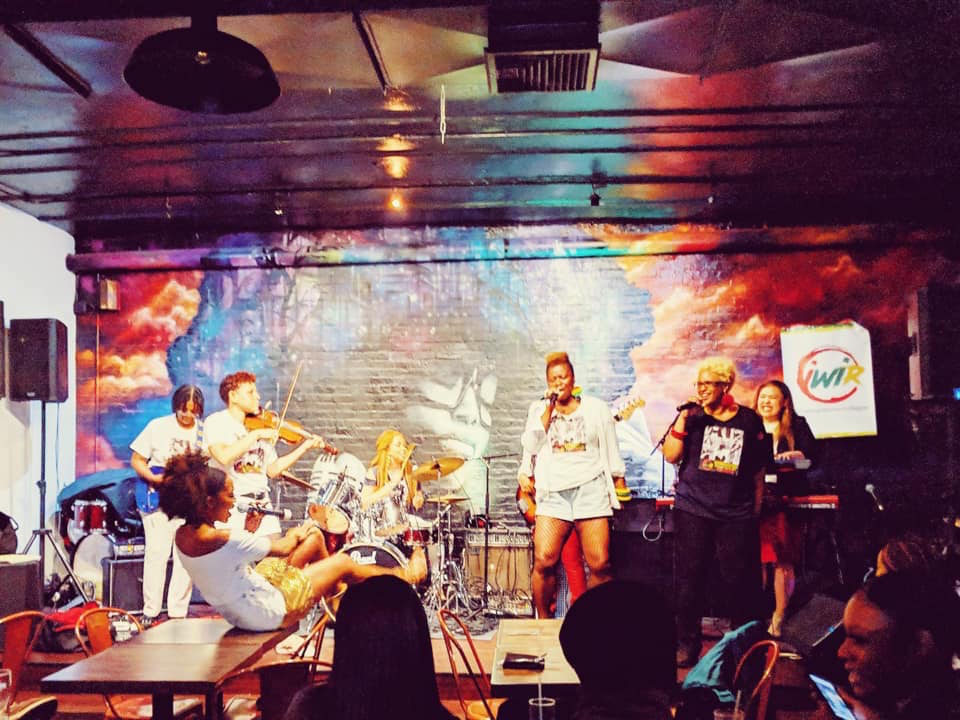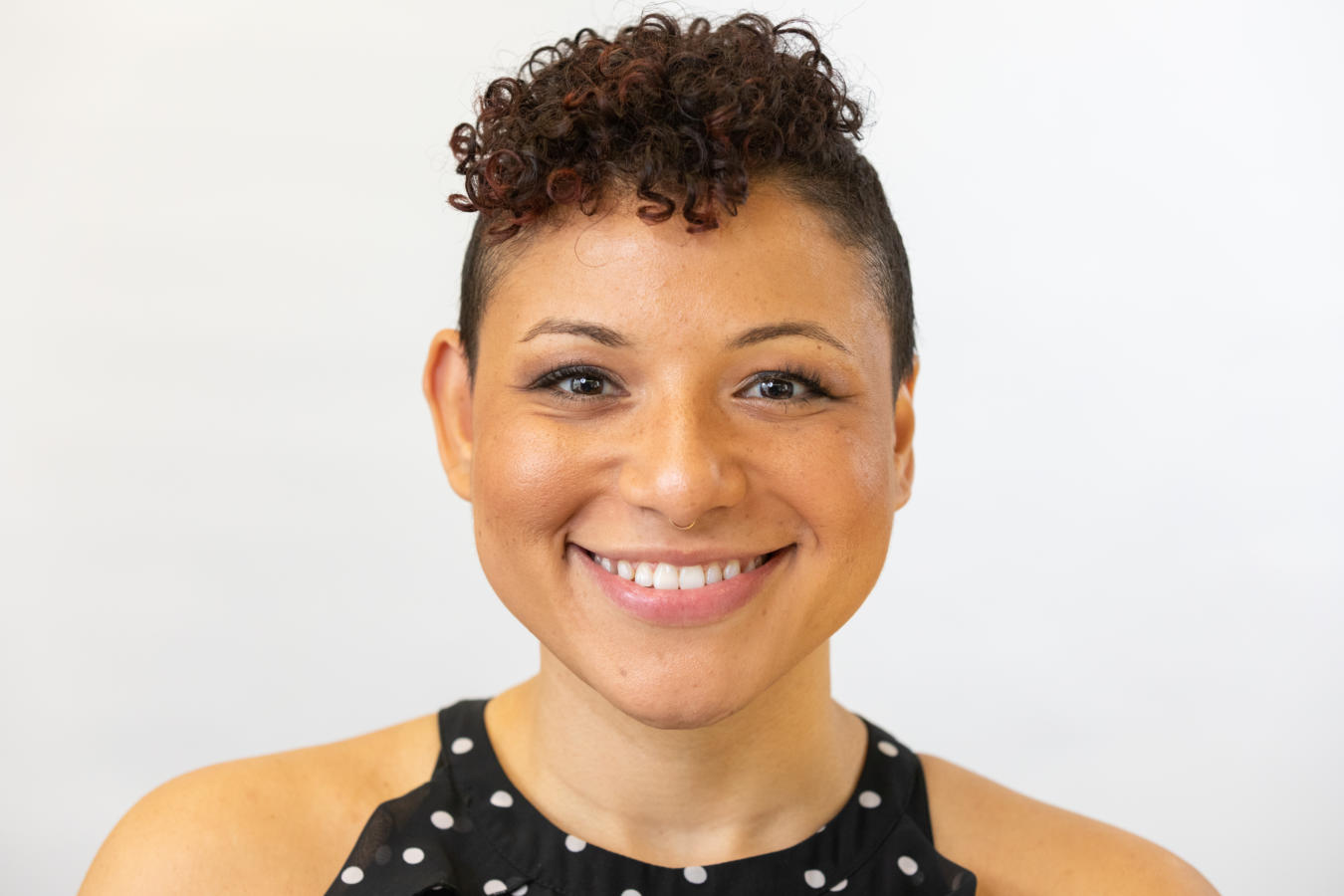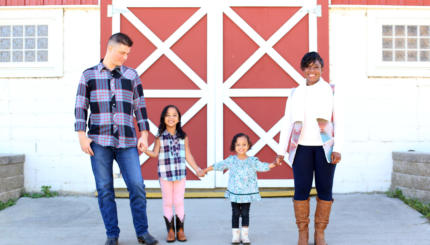I find it easiest to describe the experience of growing up in 1990’s America as a Black, White, Jewish, genderqueer human as one of eternal yearning. My mother, a White, second-generation Russian Jewish New Yorker met and quickly fell in love with my Midwestern/New Englander African-American father. I learned to navigate very quickly between the two languages they spoke to themselves, to each other, and to the world itself.

They met working at a New York City Salvation Army in 1982. The Supreme Court had only recently declared laws against interracial marriage to be unconstitutional. ( Alabama became the final state to remove language prohibiting interracial marriage from its constitution in 2000.) After five years of dating in secret, they were married on the North Shore of Long Island by a rabbi who had also helped in providing my father a Conservative conversion to Judaism some years prior.
To them, my parents’ union was that of commitment and connection; to me, it was an act of defiance to the continued structural implementation of racism in America. Their love grounded them as they moved from their Queens apartment to the suburbs, looking to give their children the possibility of a world and future neither had been offered.
Everywhere we went as a family unit, people stopped and stared, including and especially when my petite and dominating Jewish grandma held onto my Black dad’s arm for support. Our existence as a family unit scared, challenged, and enraged people who did not want to acknowledge what we represented, the inevitable future we perhaps symbolized.
I remember many afternoons of just sitting and staring into my bedroom mirror, trying to locate the source of mystery I so seemed to symbolize. We were the first of our kind, and yet I often think this is the experience of any person who has been othered. A story as old as time itself.
What was difficult was that we had no community to process this with—we were firsts in a suburban world that was just starting to learn about the concepts of color blindness. It was in these collected moments that I yearned for someone to look into my eyes and simply say, “You are exactly as you are supposed to be. You are a collection of atoms and light and love.” Looking back, I recognize what a strange dance it was, moving between many worlds, never really being accepted into any.
I think our formative years taught us how to shift between communities and cultures, and even more so, to recognize how race and ethnicity played such significant roles in both our development and in our perception of self.
Due to my years of working to understand just how complex identity truly is, I have thus committed to creating educational and developmental tools for the next generation of children who may begin or already have experienced the consequences of otherness.
Working for a time with the Jewish Multiracial Network, I learned many things. I learned just how much there is to be done in creating dialogue within communities where people feel safe enough to begin the work towards understanding. I learned the importance of Jewish mentorship. I learned the value of working alongside JOC and non-JOC nonprofits alike, so that accountability, connection, and community is not only created but forever sustained.
Moving forward, I want to learn what it is to eventually become a respected leader in the next wave of activism within our community. And one day soon I hope to become an equitable resource for the JOC community, a haven on the way home to those who have just started their journey.
What is comforting is that this process of wandering towards truth, towards home, is a very common and prominent theme in any Jewish identity. Just as Jacob blessed each tribe that came from his lineage, so too can we hold out our hands in solidarity to the tribe that connects us all.



